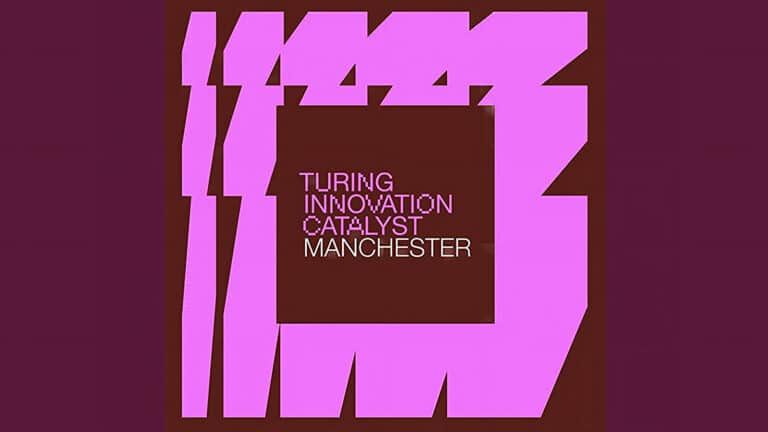Former Tech Nation director Elizabeth Scott, MBE, is sback in the saddle as director of Manchester’s nascent Turing Innovation Catalyst.
Scott was in overall charge of four main divisions at the dearly departed Tech Nation – scaleup engagement, client engagement, international expansion for scaleups and administration of the Global Tech Talent visa scheme.
Scott took to LinkedIn to announce the new role in a lengthy post during which she described the challenge of finding a new job that could match up to the highs of Tech Nation, which is estimated to have delivered £15 ROI for every £1 of government investment before Westminster unexpectedly pulled the plug on its funding at the turn of the year.
Tech Nation signed off with a report which outlined how the UK’s tech economy could grow to £4tn in March .
Scott said: “Those of you that saw me as we were beavering away shutting up shop at Tech Nation back in the spring, might remember how worried I was about finding a new job. Not about finding any old job but about finding a very specific type of job that would top what I’d had the privilege of being a part of at Tech Nation.
“There were a bunch of challenges in running an organisation like that, but my god were the good bits good – the scaleups, the Tech Nationers, the shared mission, the impact – all absolutely intoxicating.
“So the prospect of having to try and find that combination of something I believed in, something that needs my particular brand of building skills, and where I might get to stand back and be insanely proud of what we’ve achieved in a few short years was more than a bit overwhelming.”
The good news, per Scott is that: “Well folks I think I’ve found it.”
Scott added that the Catalyst is still very much in the building phase and described it as “a first of its kind not-for-profit leveraging the growth potential of AI for the startups, scaleups, residents and economy of Greater Manchester.”
The University of Manchester, which is leading on the creation of the Catalyst, describes it as a project which “aims to accelerate Greater Manchester’s £5bn digital economy by supporting existing start-ups and creating new ones – especially in the field of artificial intelligence. It will also help to develop skills in the region, with a particular focus on women and under-represented groups in the industry.”













